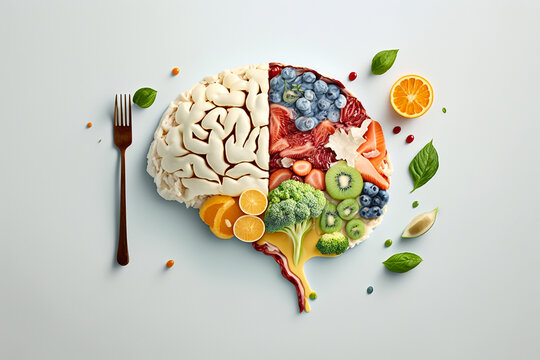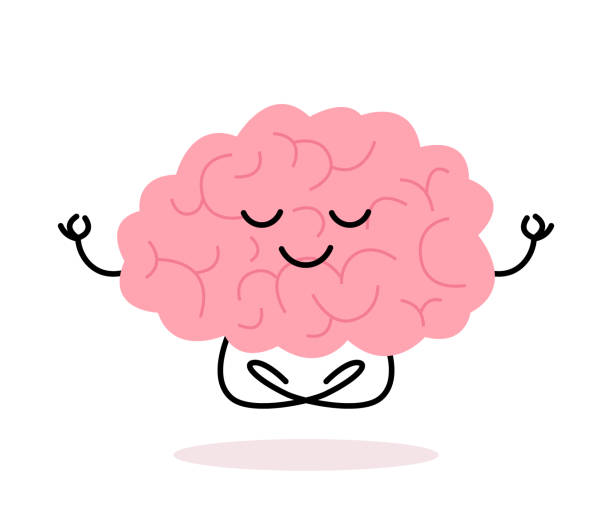7 daily habits that help keep the mind young and sharp
"Health is not just about what you're eating. It's also about what you're thinking and saying."
1. How to keep our mind sharp with basic daily habits
There is something about getting older that sort of makes us want to keep our mental sharpness as well as our physical health. Achieving a sound and razor-sharp mindset requires a holistically designed lifestyle. Brains are no different from any other part of your body - they improve with exercise and good lifestyle choices. Daily Habits for Slowing Mind Aging - 7 Simple Ones
2. The importance of physical activity
If your work entails lots of physical strain, you are in luck because exercise does wonders not only for your body but for your brain too. Brain-derived neurotrophic factor increases and can make new neurons be there while other sides of cognition come to life. One study released in the Journal of Alzheimer's Disease reported that you've got a lower risk of dementia if you exercise often. Workout for 30 minutes or more most days of the week (try walking, cycling).
3. Eat a brain-healthy diet
Food affects your mental health CognitionHigh levels of antioxidants and bioactive compounds in fruits and vegetables can improve cognition, particularly in ageing brains, an effect which is likely going to contribute to maintaining brain function in advanced age1. The most effective is a diet rich in fish, olive oil, nuts (including almonds), vegetables. Research has proven that this has been associated with improved cognitive performance and a decreased risk of Alzheimer's disease. A study published in Frontiers in Aging Neuroscience illustrates the many ways a Mediterranean diet may benefit brain health over time.
4. Brains too need a sufficient break
Many cognitive functions like memory, problem-solving, and decision-making, depend on sleep. In their slumbers they sorted through memories and unloaded the day's toxins from their brain. We need 7-9 hours of sleep a night to operate ideally (National Institutes of Health). It can even cause dementia and cognitive decline. Develop a regular sleep schedule and sleep-promoting environment.




Comments
Post a Comment